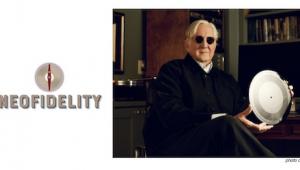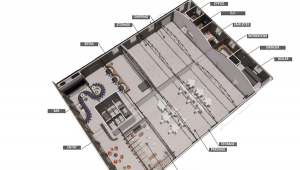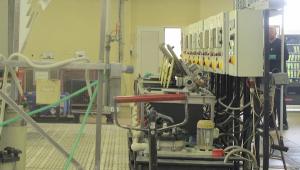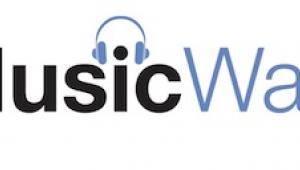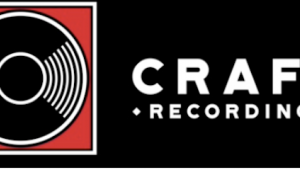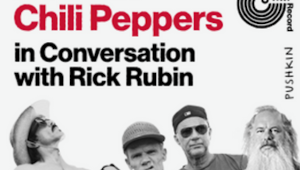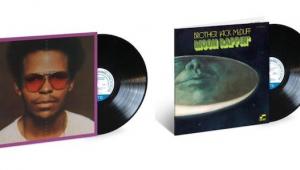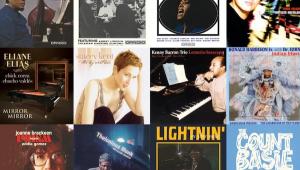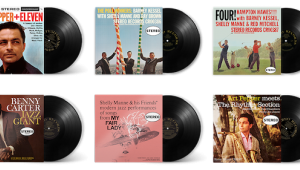So You Want to Be A Vinyl Mastering Engineer? Let Chris Bellman Teach You.
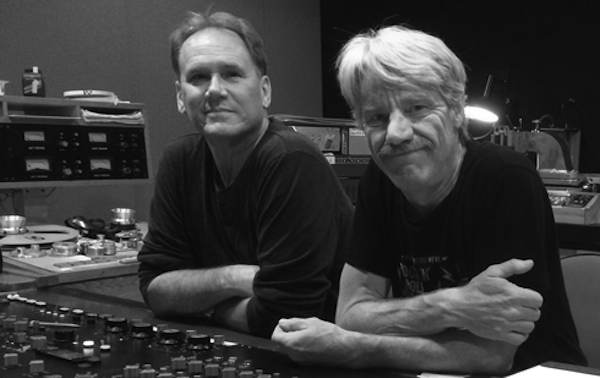
The two-day advanced class covers both analog and digital mastering, with an emphasis on mixing techniques for different media. The rise in vinyl sales makes imperative knowing how to produce mixes for vinyl and according to Bellman more important than ever given the advent of digital mixing and "loudness maximizing". Bellman's not endorsing it, just acknowledging it.
He also says the purpose of the seminar is not to produce new mastering engineers but rather to provide information to engineers and engineering students t help them create better end products before the mastering process.
Saturday Bellman and Buckley take participants on a tour of Bernie Grundman Mastering Studios, cover the history and importance of professional mastering. According Bellman, the course includes critical listening in his studio and a demonstration of what good mastering can accomplish with great mixes and what can and cannot be done in mastering to fix bad mixes.
Bellman and Buckley will also cover common mixing pitfalls and how best to avoid them by being well-prepared for an upcoming mastering session. They will discuss sample rate conversions, "disc bouncing" and file transfer issues that affect audio fidelity. How best to keep mix integrity intact en route to mastering sessions will also be covered.
Sunday will all be about analog! After a tour and history lesson on the custom cutting lathes at Bernie Grundman Mastering, Chris and Francis will share with attendees the ideal techniques to keep in mind when mixing for vinyl, including all of the unique and esoteric issues that only experienced engineers would know. As the day progresses, each participant’s mix will be mastered and cut to a 10” acetate to take home.
Sounds like a really useful two day seminar for professionals needing a "back to the future" retro-upgrade to their knowledge base, and while a few well-off audiophiles might want to sit on for the "fun" of it, because there are only ten spaces there is a pre-qualifying gate keeper: you have to submit a discography and a mix to be mastered during the seminar. The website instructs: "Kindly submit inquiries to tickets@studioprodigymcs.com via third party transfer site such as hightail.com or wetransfer.com. Files need to be 44.1k/24bit or higher resolution, no mp3’s please." Analogplanet.com approves of that final stipulation, though Bellman told me "Now if audiophiles want a peak into this world, they are invited as well."
For more information go here.




